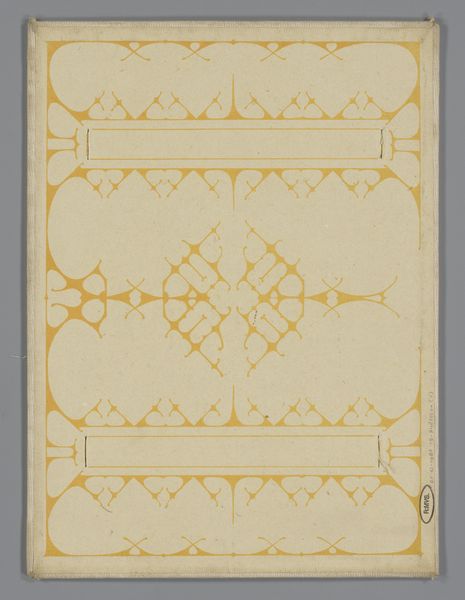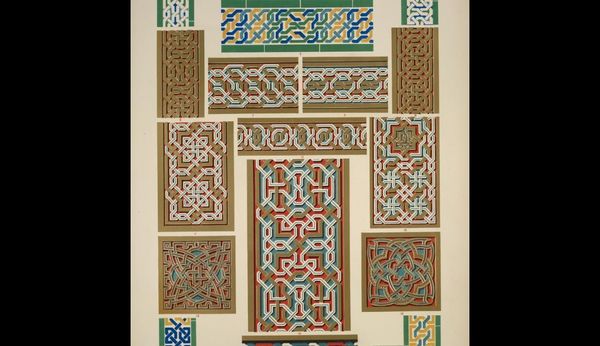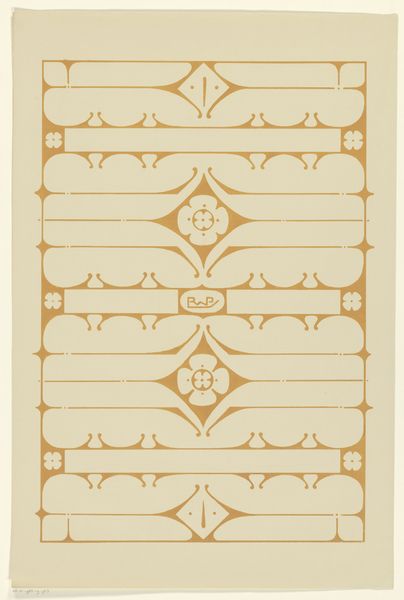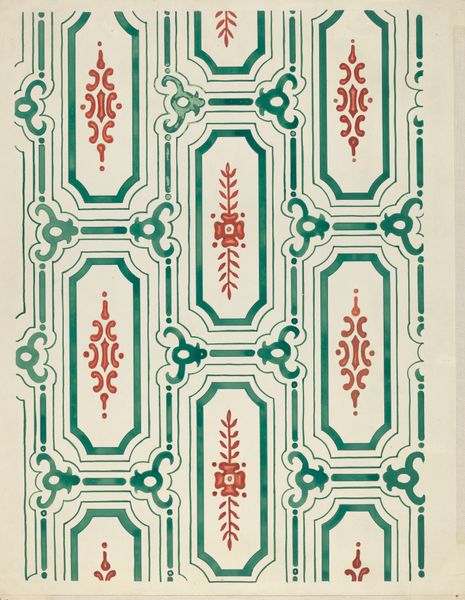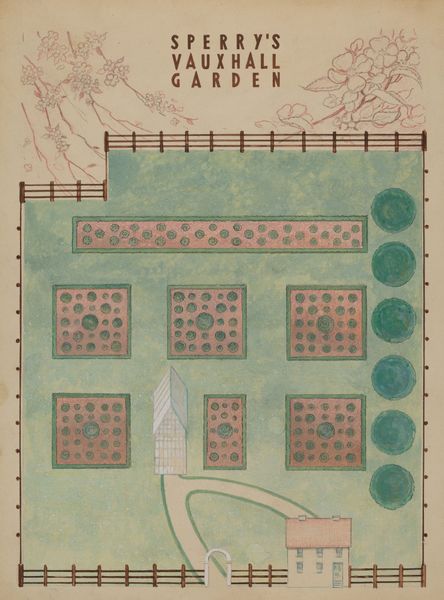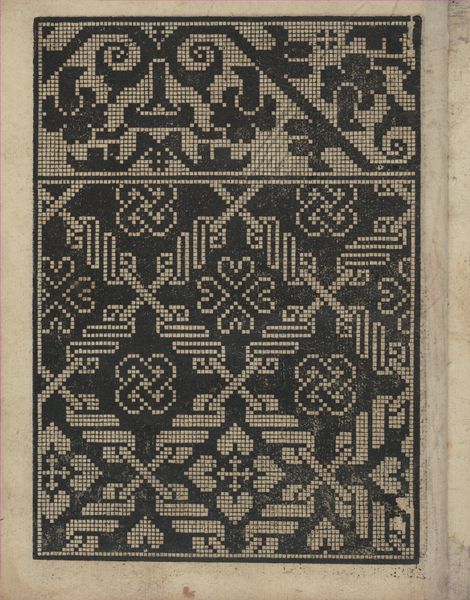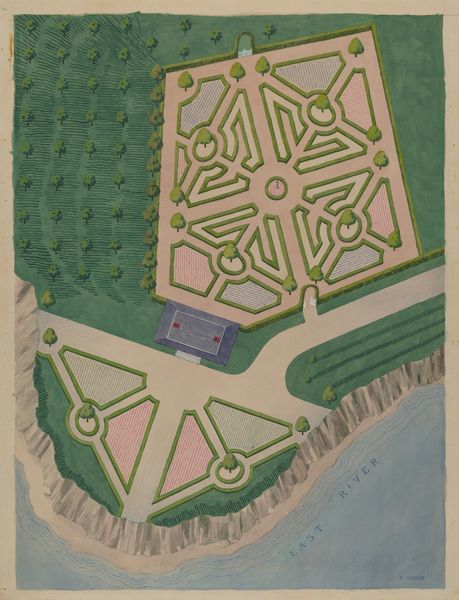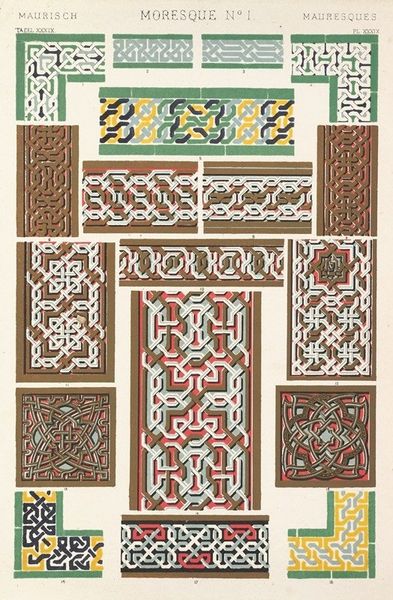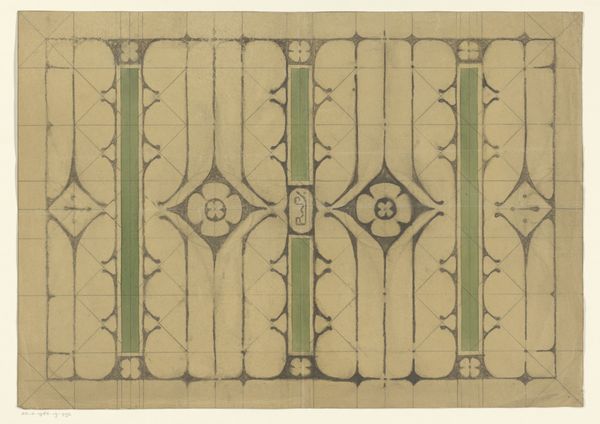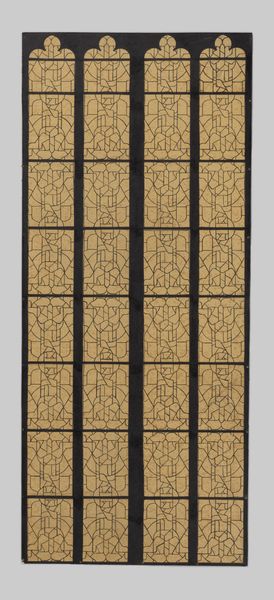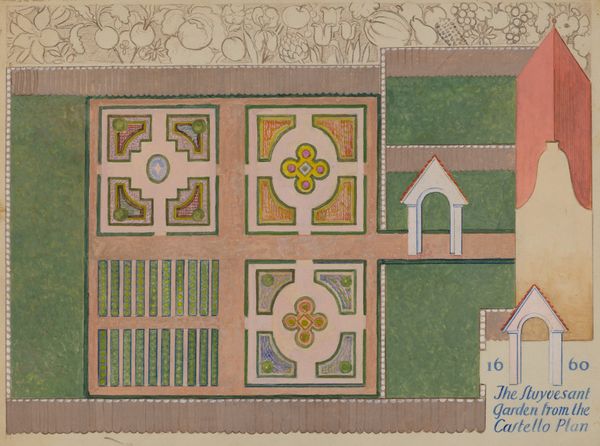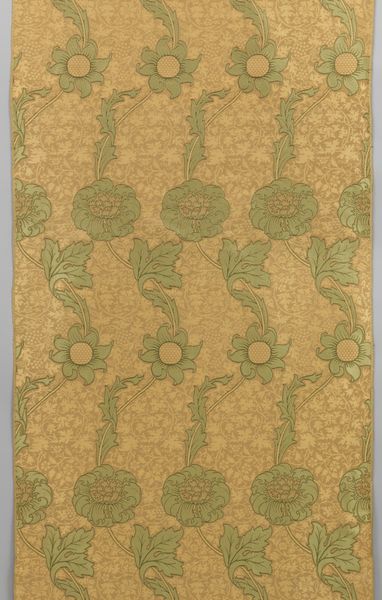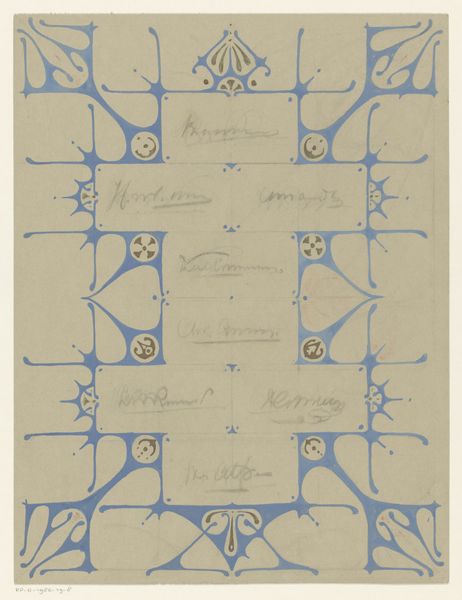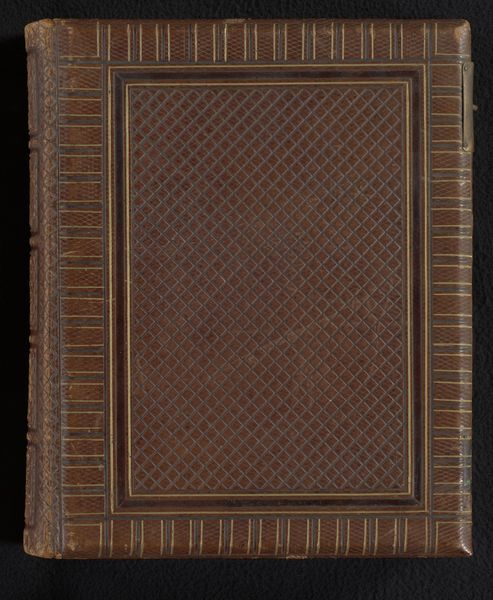
drawing
#
pattern heavy
#
drawing
#
natural stone pattern
#
pattern
#
landscape
#
geometric pattern
#
repetitive shape and pattern
#
wooden interior design
#
geometric
#
repetition of pattern
#
vertical pattern
#
wooden texture
#
pattern repetition
#
decorative-art
#
layered pattern
Dimensions: overall: 29.4 x 22.9 cm (11 9/16 x 9 in.)
Copyright: National Gallery of Art: CC0 1.0
Curator: The drawing we're looking at is titled "West India Company's Gardens," dating from around 1936. It was created by Helen Miller. Editor: Oh, how utterly charming! It reminds me of a child's game board. There's something so wonderfully meticulous and yet wonderfully naive about the precision. All those symmetrical beds. It's almost as if she has arranged thoughts in green borders and dusty pink soil. Curator: Precisely. Let's delve into what makes it more than just whimsical fancy. As the name suggests, the subject is a very deliberately designed space – gardens laid out for the West India Company. You see those strict geometries, reflecting control not just over the land, but the production taking place on it. The pattern's repetitive nature drives that point home, doesn’t it? Editor: Yes! The almost brutalist ordering of nature, that the garden is reduced into shapes. We're very much shown a commodified landscape—I’m seeing the echoes of labour written right onto the garden, especially when you consider this company's deep involvement in exploiting colonial resources. All that planning, all that cultivation. This wasn't about the wild abandon of nature; this was about production. Curator: And look how she has rendered this plan—almost like a quilt, a flat and repeating visual language to capture its scale. The very process feels aligned with these kinds of imposed design principles. It almost suggests a sort of meditative— Editor: —Or maddening! If you consider this from the point of view of those laborers. Where do you find pleasure or spontaneity in something this controlled? Curator: Indeed. Miller encourages us to consider beauty, industry and consequence. It seems the whole process becomes a complex interplay. Editor: A haunting kind of geometry emerges, I suppose. The ghosts of production forever haunting these well-ordered beds. It makes you see the material world in new and perhaps uneasy ways.
Comments
No comments
Be the first to comment and join the conversation on the ultimate creative platform.
